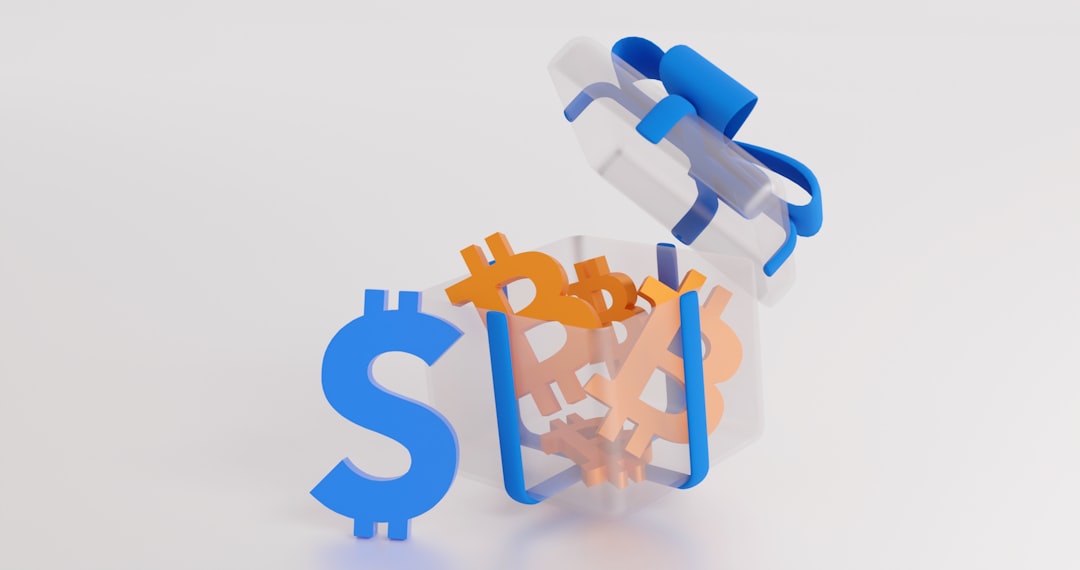In an increasingly globalized marketplace, customs clearance is no longer just a bureaucratic necessity — it’s a strategic component of international trade. As we move into 2025, digital customs clearance has become essential for startups striving to remain competitive and compliant. Whether you’re launching a new e-commerce venture or scaling your supply chain, understanding the digital evolution of customs procedures is critical.
What Is Digital Customs Clearance?
Digital customs clearance refers to the process of electronically submitting documentation and compliance data to customs authorities for the import and export of goods. It replaces traditional paper-based procedures with integrated software solutions and API-driven platforms, ensuring faster and more transparent communication between businesses and regulatory bodies.

Why Startups Need to Pay Attention in 2025
Many startups may assume that customs clearance is only a concern for larger enterprises. However, as global shipping becomes more accessible, even small-scale e-commerce brands must understand digital customs requirements. Ignorance or non-compliance can lead to lengthy delays, penalties, or seizure of goods — damaging both reputation and bottom line.
Key Developments in 2025
Several regulatory and technological advancements are reshaping the customs landscape in 2025. Startups must stay updated on the following trends:
- Increased Automation: Customs authorities are leveraging machine learning and AI to evaluate risks and automate document processing — reducing human error and manual inspection delays.
- Single Window Systems (SWS): Many countries have unified customs platforms, allowing importers and exporters to submit all necessary data through a single electronic interface.
- eCommerce-Specific Protocols: With the rise of cross-border online shopping, new customs frameworks tailored to e-commerce flows are becoming standard, especially in Europe and Asia.
- Blockchain Integration: Some governments and logistics providers are piloting blockchain solutions to improve traceability and anti-fraud measures in cross-border trade.

Challenges Startups May Face
While digital customs clearance offers many benefits, it also presents a few challenges, especially for younger companies unfamiliar with international logistics. These include:
- Choosing the Right Technology: Not all digital customs platforms are created equal. Startups must evaluate options based on integration capabilities, regulatory coverage, and scalability.
- Understanding Tariff Codes: Accurate classification of goods is vital to avoid fines or misdeclarations. Startups should work with experts or adopt AI-based tools that recommend correct Harmonized System (HS) codes.
- Complying with Changing Regulations: Customs regulations vary by market and change frequently. Startups must monitor these changes or hire a compliance specialist to avoid costly mistakes.
Best Practices for Startups Going Global
To smoothly navigate digital customs clearance in 2025, startups should consider adopting the following best practices:
- Invest Early in Digital Tools: Leverage software that integrates customs clearance with shipping, invoicing, and inventory management. Platforms like Flexport, Zencargo, and IncoDocs can provide end-to-end logistics solutions.
- Standardize Documentation: Ensure consistent formats and terminology across invoices, packing lists, and certificates of origin. Accurate and clean documentation reduces the risk of entry denial.
- Utilize Data Analytics: Monitor your customs data to identify inefficiencies, high-duty products, or repeat errors. This data can also assist in making strategic sourcing or pricing decisions.
- Train Your Team: Ensure staff responsible for logistics, procurement, or finance understand customs basics. Regular training will prevent knowledge gaps as the company scales.
Final Thoughts
In 2025, digital customs clearance isn’t just a regulatory obligation — it’s a fundamental operational advantage. For startups looking to create resilient and scalable businesses, embracing digital customs tools can unlock faster shipping, fewer delays, and increased confidence in global trade. Investing in technology, education, and compliance today will pave the way for long-term success in the international market.



